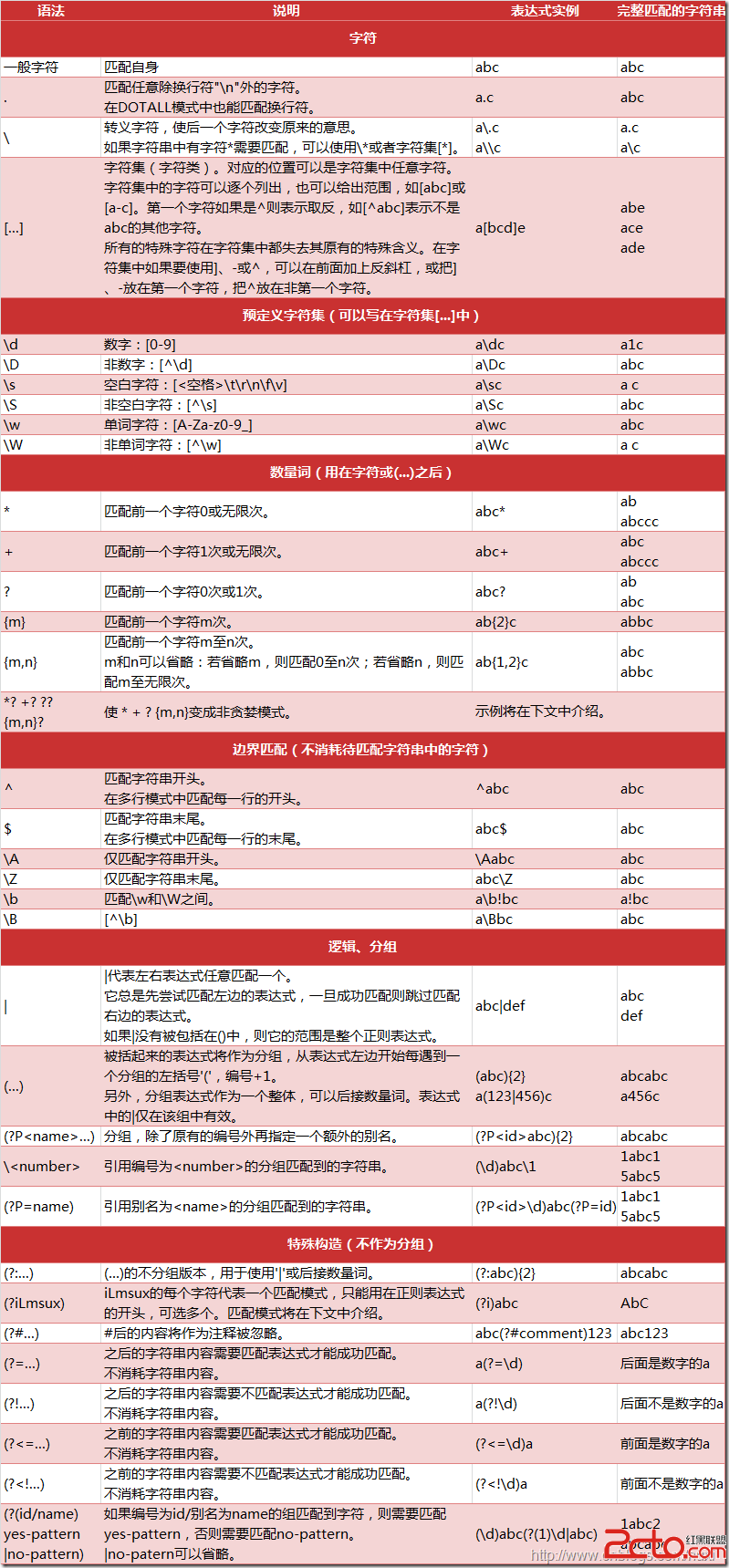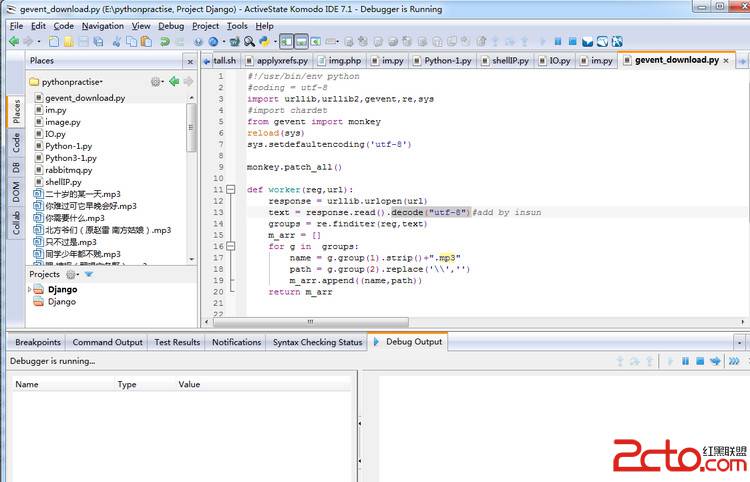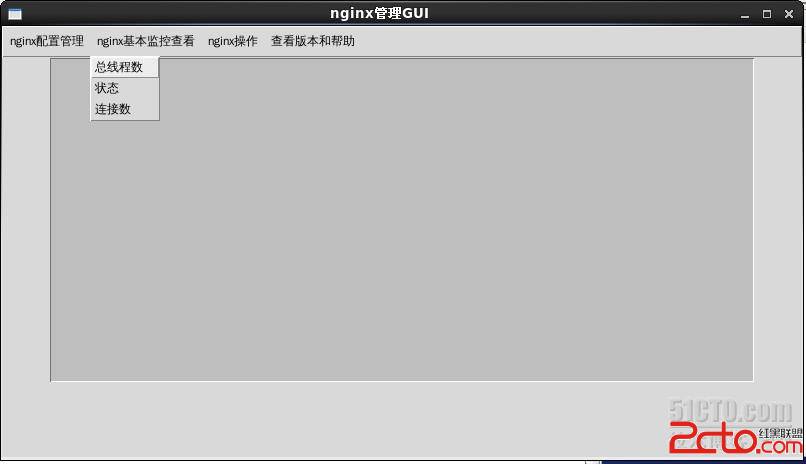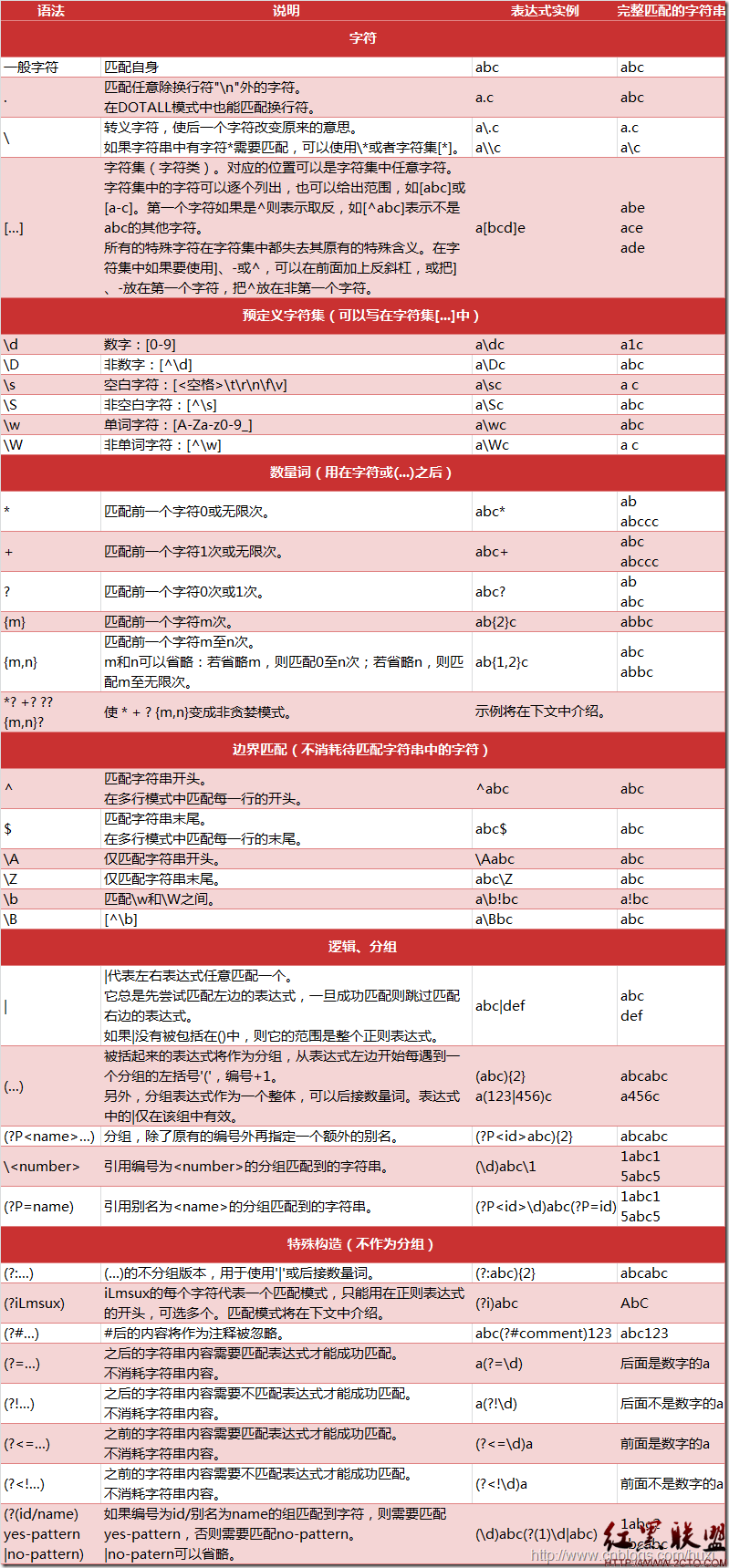Python: 绕开 __init__
某些时候我们需要绕开初始化函数来创建对象,比如做反序列化。
>>> class A(object):
... def __init__(self, x, y):
... print "init", x, y
... self.x = x
... self.y = y
... def test(self):
... print "test:", self.x, self.y
...
>>> class _Empty(object): pass
...
>>> o = _Empty()
>>> o.__class__ = A
>>> o.x = 1
>>> o.y = 2
>>> o.test()
test: 1 2
>>> type(o)
<class __main__.A>
>>> isinstance(o, A)
True
对于 classic class,我们还可以直接用 types.instance(),这样更简单一些。
>>> class A:
... def __init__(self, x, y):
... print "init:", x, y
... self.x = x
... self.y = y
... def test(self):
... print "test:", self.x, self.y
...
>>> import types
>>> a1 = types.InstanceType(A, dict(x = 1, y = 2))
>>> a1.test()
test: 1 2
>>> a1.__class__
<class __main__.A at 0x1025869b0>
>>> class _Empty: pass
...
>>> a2 = _Empty()
>>> a2.__class__ = A
>>> a2.x = 1
>>> a2.y = 2
>>> a2.test()
test: 1 2
可见 Python 的对象区别在于 __class__、__bases__ 和 __dict__ 这些,其他的好说。
顺便提一下 types module,我们也许还会用到下面这样的 "动态" 编程方式。
>>> import sys, types
>>> sys.modules["X"] = types.ModuleType("X", "test module")
>>> import X
>>> X.__doc__
test module
补充:Web开发 , Python ,





